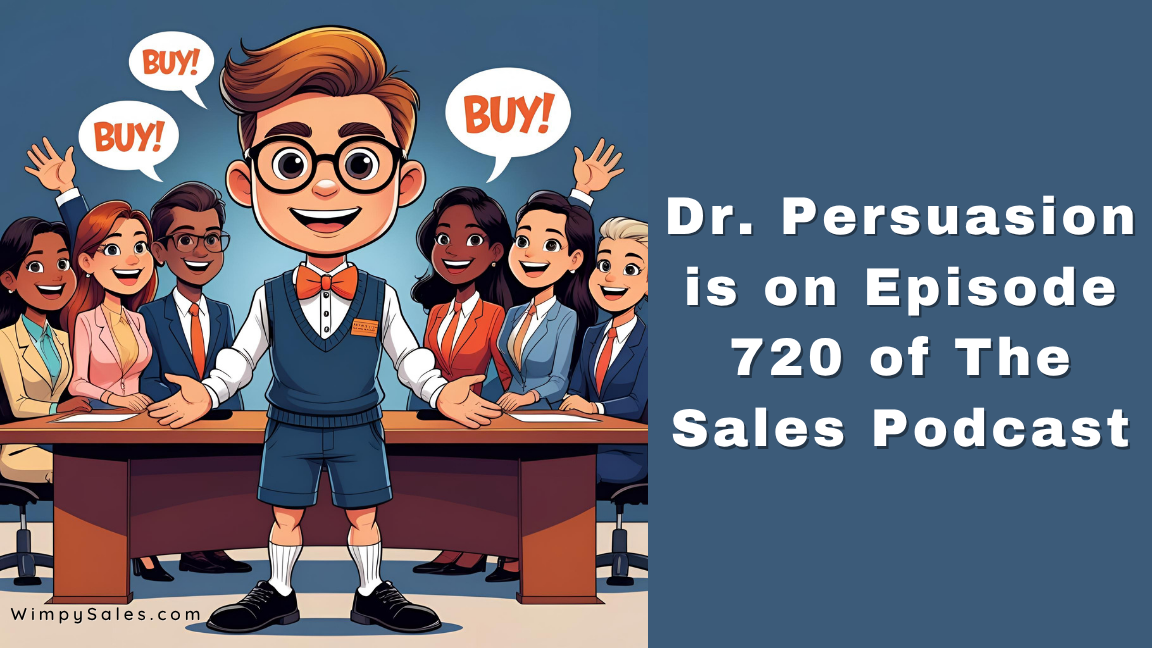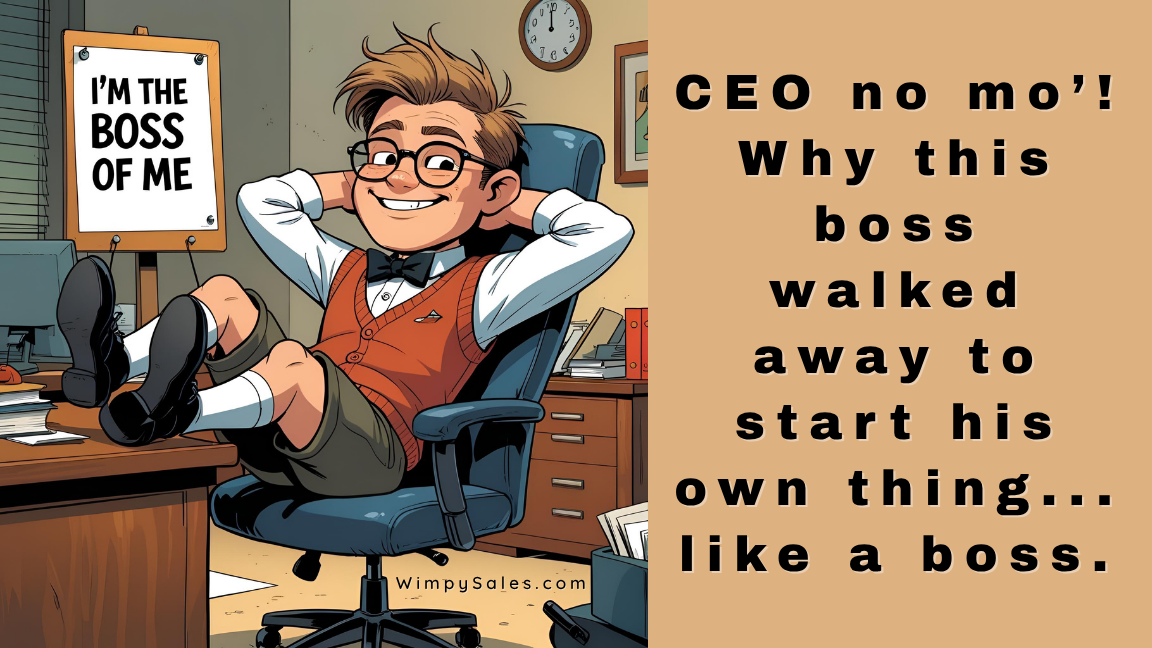
Small Business CRM Implementation Lies, Myths, and Tall Tales

CRM Implementation Struggles
63% of small businesses buy CRMs and marketing automation software for the wrong reasons.
That's probably why 63% of CRM implementations fail, as measured by the Merkel Group in 2013.
"But Wes, that report is old. Surely things have gotten better."
You'd think, wouldn't you?
In fact, Gartner Group conducted one of the first well-publicized studies back in 2001 and discovered a CRM implementation failure rate of 50%.
By 2009 Forrester found a failure rate of 47%.
Then VentureBeat reported at end of 2014 that only 4.1% of businesses were using marketing technology at all, let alone CRMs and marketing automation.
In 2017, CIO magazine reported that one-third of all CRM projects fail. Edinger Consulting Group founder and Harvard Business Review blogger Scott Edinger, on the other hand, found that the failure rate for customer relationship management (CRM) implementation may actually be as high as 90%. He found that most companies don’t know how to use these systems, so they are unable to maximize their CRM software for profit. (Commence)
Small Business CRM Implementation Lies
Follow the money.
There is big money in the CRM / SaaS space, which means there will be unscrupulous salespeople attracted to the industry who are just there to make a buck.
And by "unscrupulous," I mean CRM salespeople will lie to you either outright or through omission just to make a buck.
Related Articles:
Some of the more common tall tales you'll hear include:
- Your CRM implementation will be fast.
- I tell people to plan on at least 90 days of focused effort by their core team and then plan on working inside the tool daily for as long as they own it...which is forever.
- If you have a large team and no central database or platform, then it will take weeks of focused "nagging" to get everyone even to let you know what it is they want and need to be tracked in your new CRM.
- If you have a central database or platform, it will still take weeks of focused effort to ensure all current fields are mapped into your new CRM, so nothing falls through the cracks.
- Your CRM implementation will be easy.
- If switching toothpaste isn't easy, how can switching CRMs be easy?
- Launching a new CRM is like changing the sparkplug on your car as you're driving down the highway at 70 mph. Your business must continue operating while you flip the switch, and that is never a walk in the park.
- Your CRM implementation will be adopted by everyone with no pushback.
- Ha! See the toothpaste remark above.
- You will always have the rabid supporters, the neutral "yeah-whatevers," and a few angry detractors. Just remember that you can't please everyone. Follow the Process Before Login below, make an informed decision with the help of a CRM implementation specialist (I might know one), then move ahead with a determined focus.
- Your CRM implementation will be compatible with all of your third-party applications.
- This is where the Process Before Login comes into play. You need to document your current and/or desired tools, such as:
- Shopping cart / eCommerce
- Accounting software
- Webinar platform
- Affiliate tracking
- Email marketing
- Marketing automation
- Sales automation
- Inbound sales
- Social media marketing
- Video Marketing
- SMS marketing
- Voice broadcasts
- ERP
- Landing page software
- Etc.
- Once you document your vital and nice-to-have tools, your CRM implementation specialist can help create a transition plan that includes a smooth and affordable 3rd party integration launch.
- This is where the Process Before Login comes into play. You need to document your current and/or desired tools, such as:
- Your CRM implementation will be fully supported for as long as you need.
- A lot of CRMs and inbound marketing platforms have limited support that you only discover after you've committed your right arm, left leg, firstborn, and signed a 99-year contract.
- While most decent CRMs offer some sort of support for as long as you pay each month, they can vary from
- 24-48 hour delayed email support
- Chat-only support during business hours
- Phone support during business hours
- Phone support only for premium members
- Forum/knowledge base support
- Assigned implementation specialist
- 30 days
- 90 days
- 12 months
- 3rd party / certified partner support
- Ask the hard questions and read the fine print to know how your CRM implementation will be supported.
(CRM Support Sidebar: After nearly two decades of working with CRMs, I've found HubSpot to offer the best support of any CRM, marketing automation, or inbound marketing SaaS provider. They offer 24/7 phone support, fast email support, a vibrant online community, and a robust partner community to help you get the most out of your CRM. I'm proud to be a customer and partner of theirs since 2014.)
Why CRM Implementations Continue To Fail
Having personally worked with databases and CRMs in Corporate America since 1997 and as a CRM implementation specialist since 2007, I can tell you these numbers are accurate and not improving.
The reasons CRM implementations fail are bountiful, but here are the big reasons why your small business CRM implementation will fail and what you can do about it:
- You buy the CRM that your competitors are using.
- You buy the CRM that your friends recommend.
- You buy your CRM based solely on price. (SeeTotal Cost of Ownership: HubSpot vs. Keap)
- You think your sales team will embrace the CRM and will update it regularly and correctly.
- You think your sales team will happily keep multiple tabs open in their browsers to efficiently use your CRM and store all communication between their prospects and clients in the CRM.
- You think your sales team will create stunning, compelling emails with trackable links to track engagement for prospects and customers.
- You buy your CRM based on one "cool" feature.
- You don't know why your customers buy.
- You don't know why your prospects don't buy.
- You can't articulate your sales funnel.
- You create duplicate effort by:
- Forcing your team to create Excel spreadsheets and other reports that your CRM can do.
- Not leveraging the templates your CRM can store for your team's most common communications.
- You don't know how to offer an upsell.
- You don't know how to offer a down-sell.
- You don'tknow how to develop and offer a free bonus.
- You don't know how to build a list.
For most companies, their CRMs turn into little more than expensive...
- Online calendars,
- Online address books,
- Sporadic email blasters,
- Clubs that over-bearing managers use to club their salespeople over the heads with!
Google will give you a free calendar, address book, and email templates.
MailChimp will let you send email blasts to 2,500 contacts for free.
You do a CRM implementation to bring everything together under one roof. To integrate them. To automate them. To dominate your niche.
But doing this well doesn't come naturally or easily...but it does for me.
Allow me to help you choose the best small business CRM for your goals and help you implement it quickly and properly so you can sell more, faster, at higher margins, with less stress, and more fun.
If you need more help growing your sales, check out the following resources scattered around this site and a few others I operate, such as:
- Make Every Sale
- Get ActiveCampaign For Just $29
- Hire The Best Keynote Speaker

